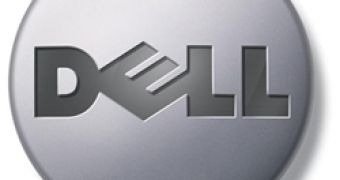Dell is reported to rethink its customer support service offering, as the current services can not keep up with the increased number of sold personal computers and server systems. Dell will introduce two new support services, called Dell ProSupport for IT and ProSupport for End-Users.
The PC vendor has been criticized in the past for its defective support service. The new support strategy will consolidate support for both enterprise users and end-users. The "ProSupport for IT" service will make it easier for IT divisions located at the customers' facilities to access the relevant support staff rather than following the hierarchic, tree-like structure. The average end-users will still be able to get the proper assistance for their products.
Dell refused to disclose the number of additional employees the company has brought into the support sector. However, according to Brian Goff, Dell Australia's enterprise technical manager, there are "more staff than last year".
It seems that the main reason for all the secrecy is the company's upcoming profit report that will arrive in February 28. Although Dell has increased the tech support personnel, the company is still recruiting staff to fill in the vacant positions. Goff also claimed that all the current customers that have already subscribed to Dell's Gold Technical Support package will get the extra advantage of the ProSupport program at no extra charge.
The improved support service is a welcome addition, but at the same time, it is more of a marketing strategy. The support service has never been the brightest feature of the company, and the improved support comes at a time when Dell is struggling to face harsh market competition from the other industry players, such as Hewlett-Packard, Sun, IBM or Acer and Lenovo on the notebook sector.
"Services is a big part of IT. Hardware is increasingly underappreciated, so it comes down to other factors like price or services," stated Intelligent Business Research Services analyst Kevin McIsaac.

 14 DAY TRIAL //
14 DAY TRIAL //